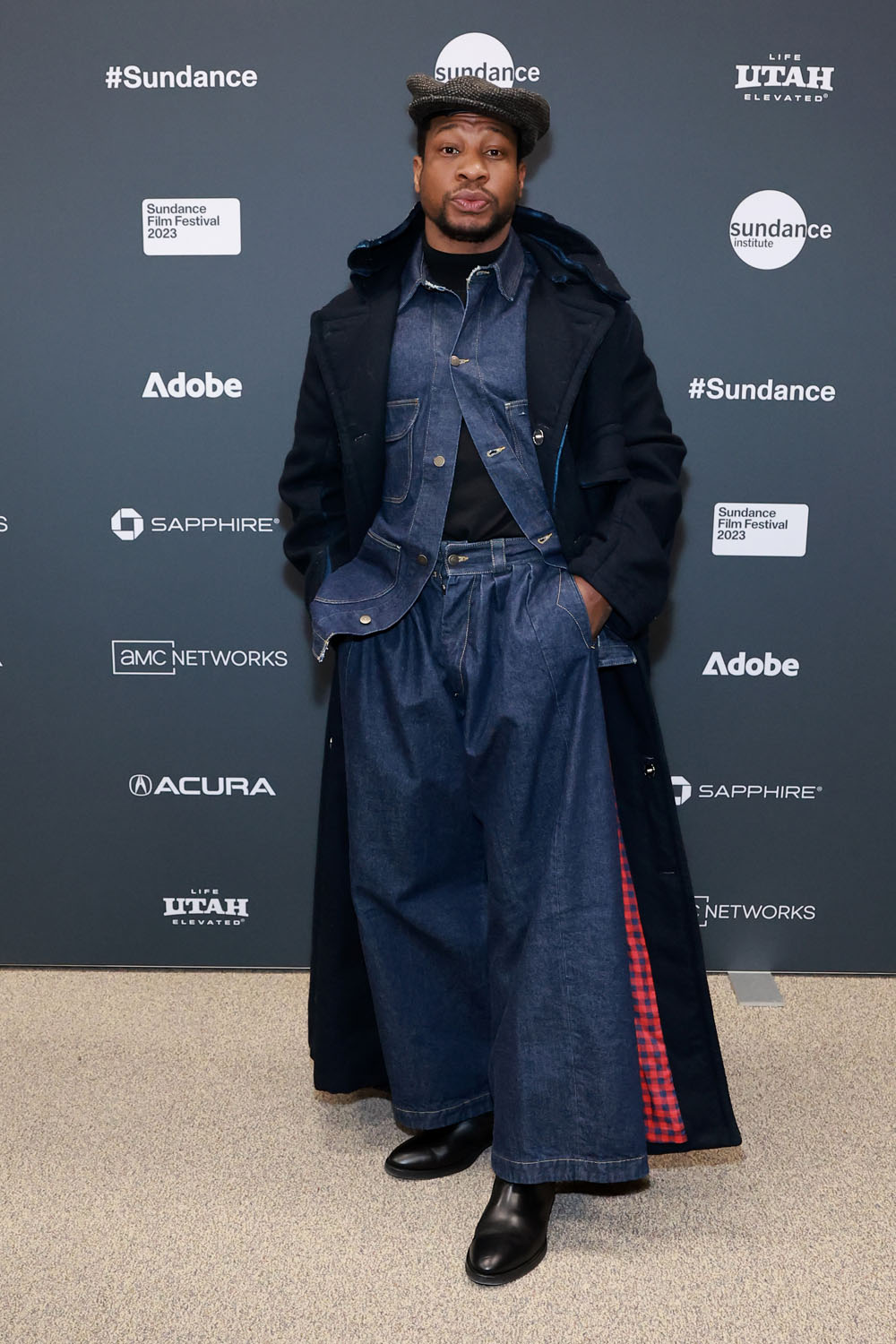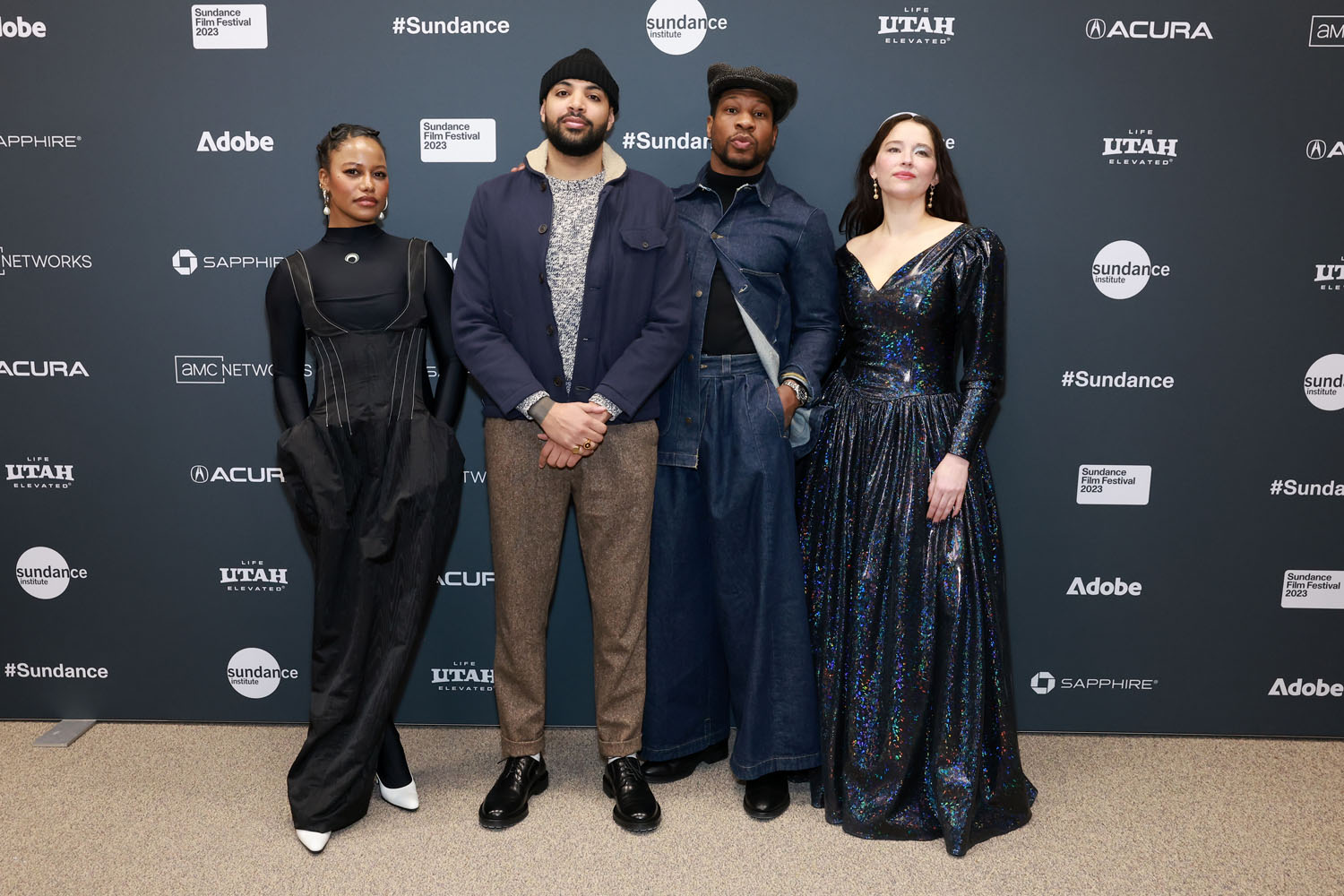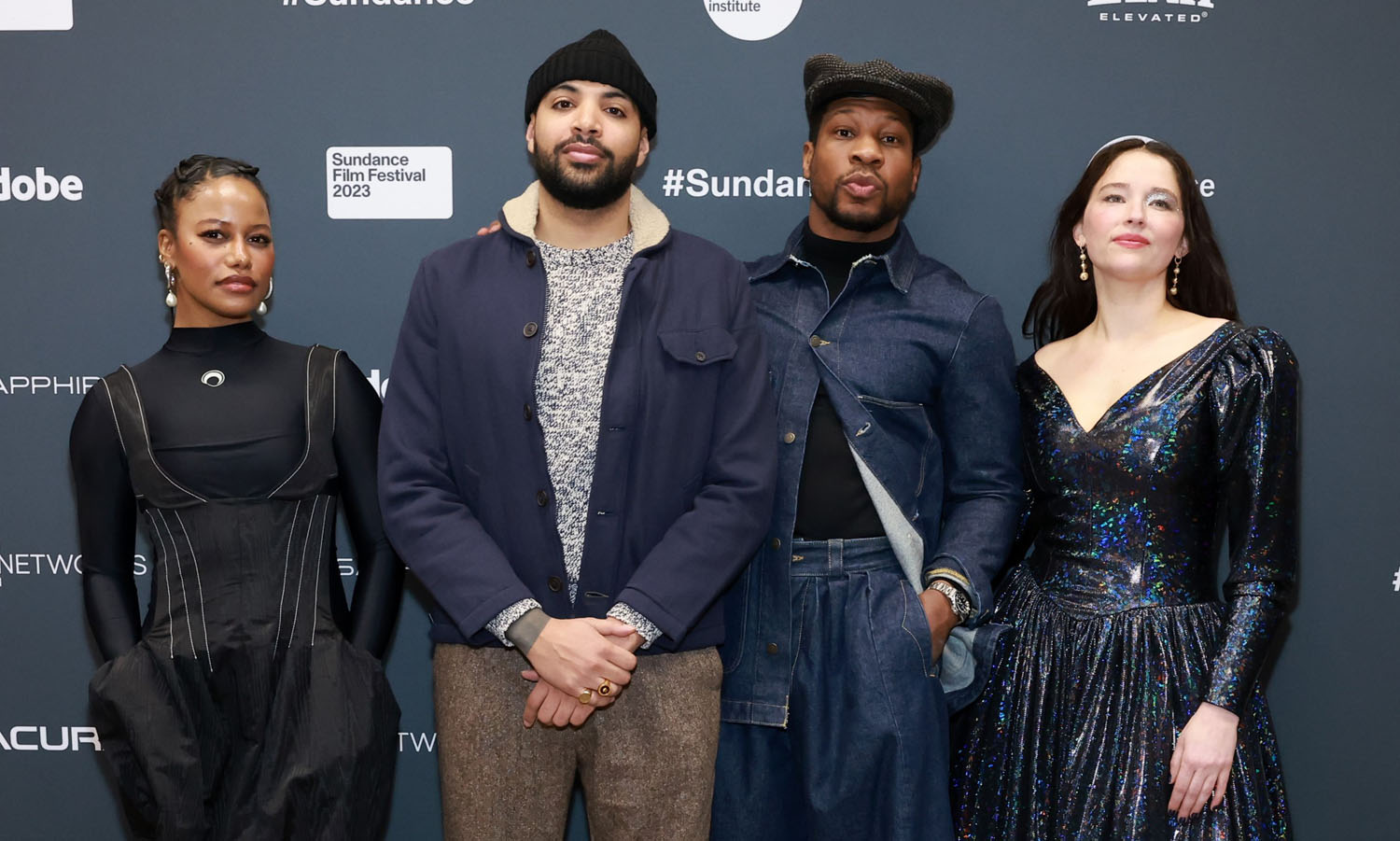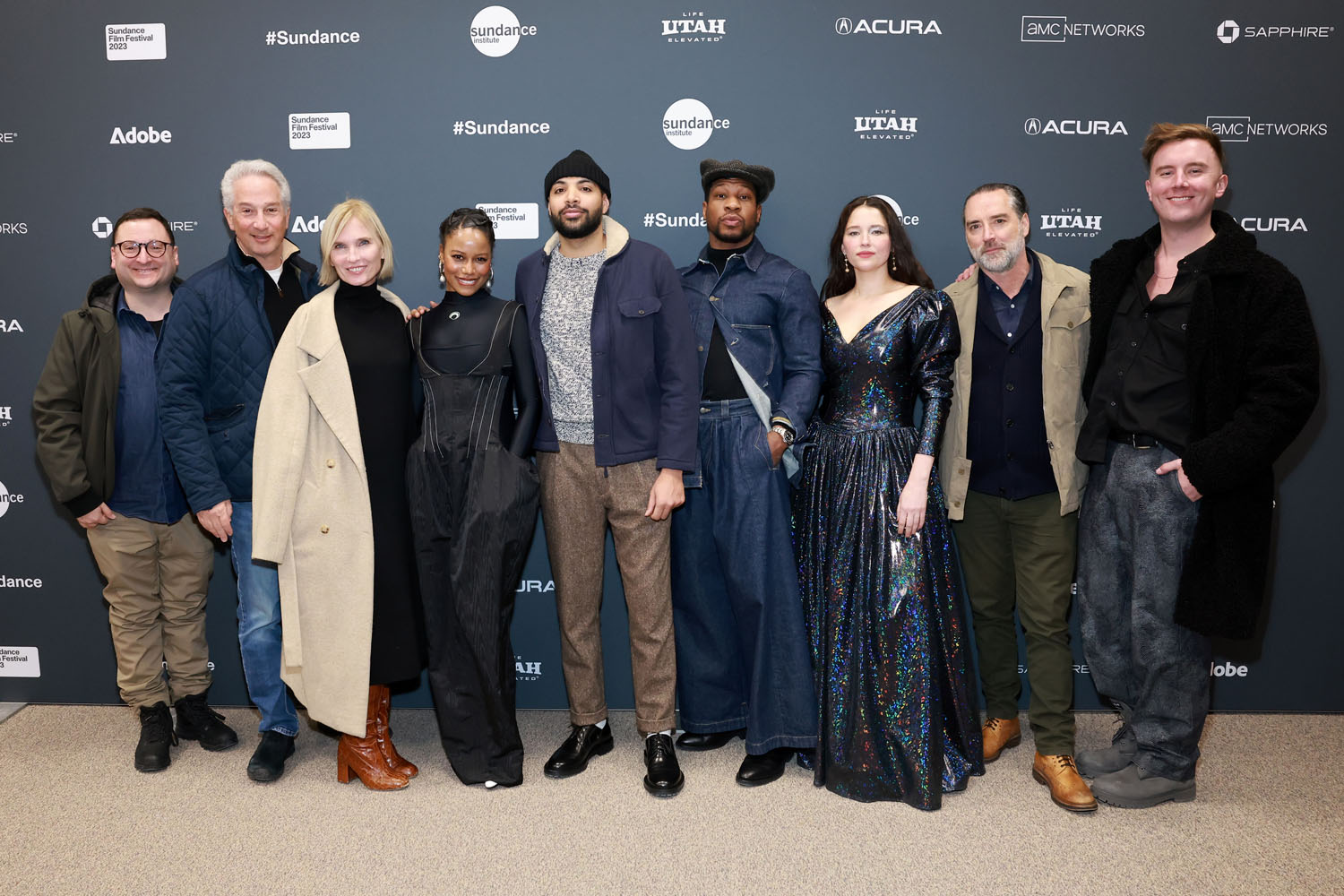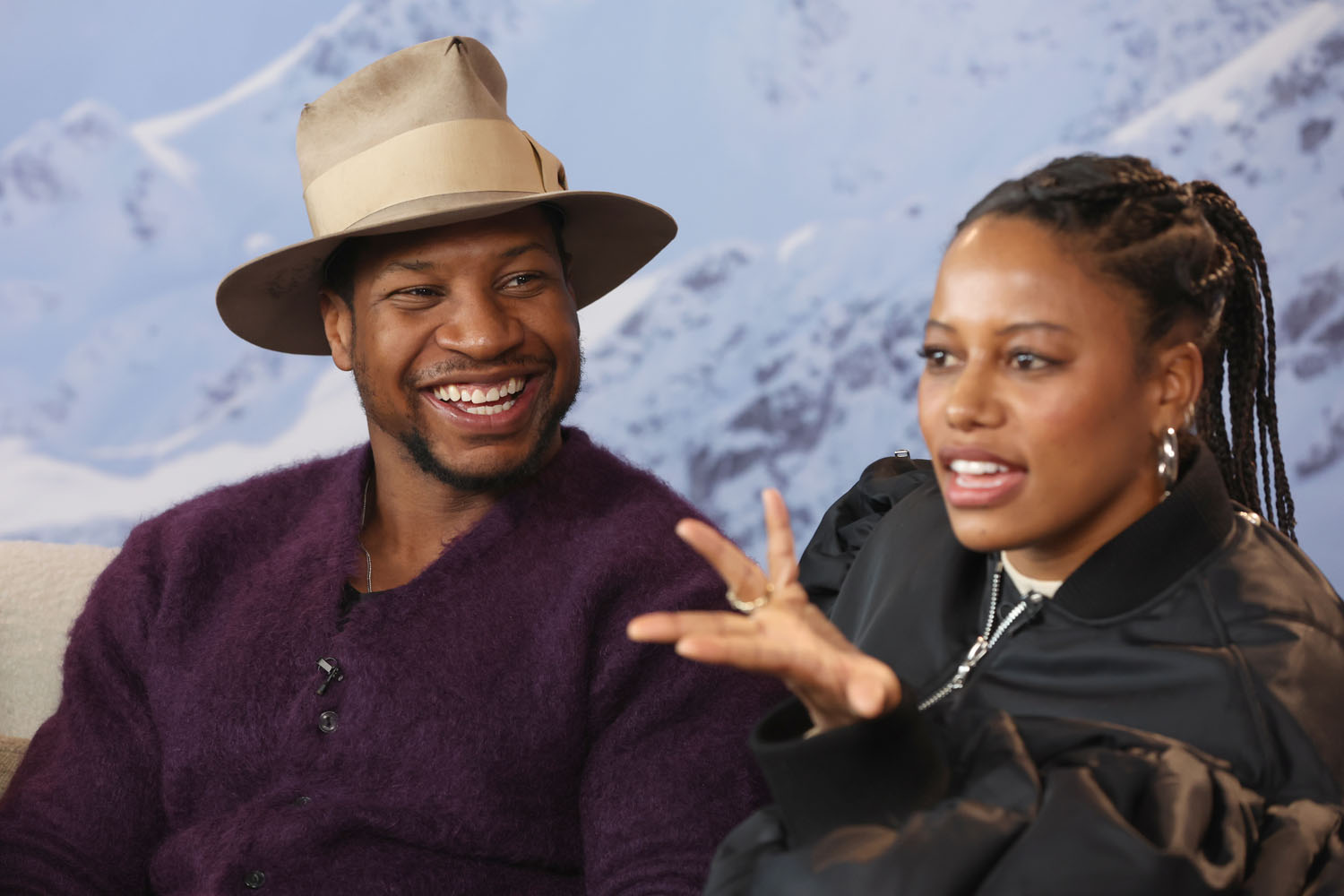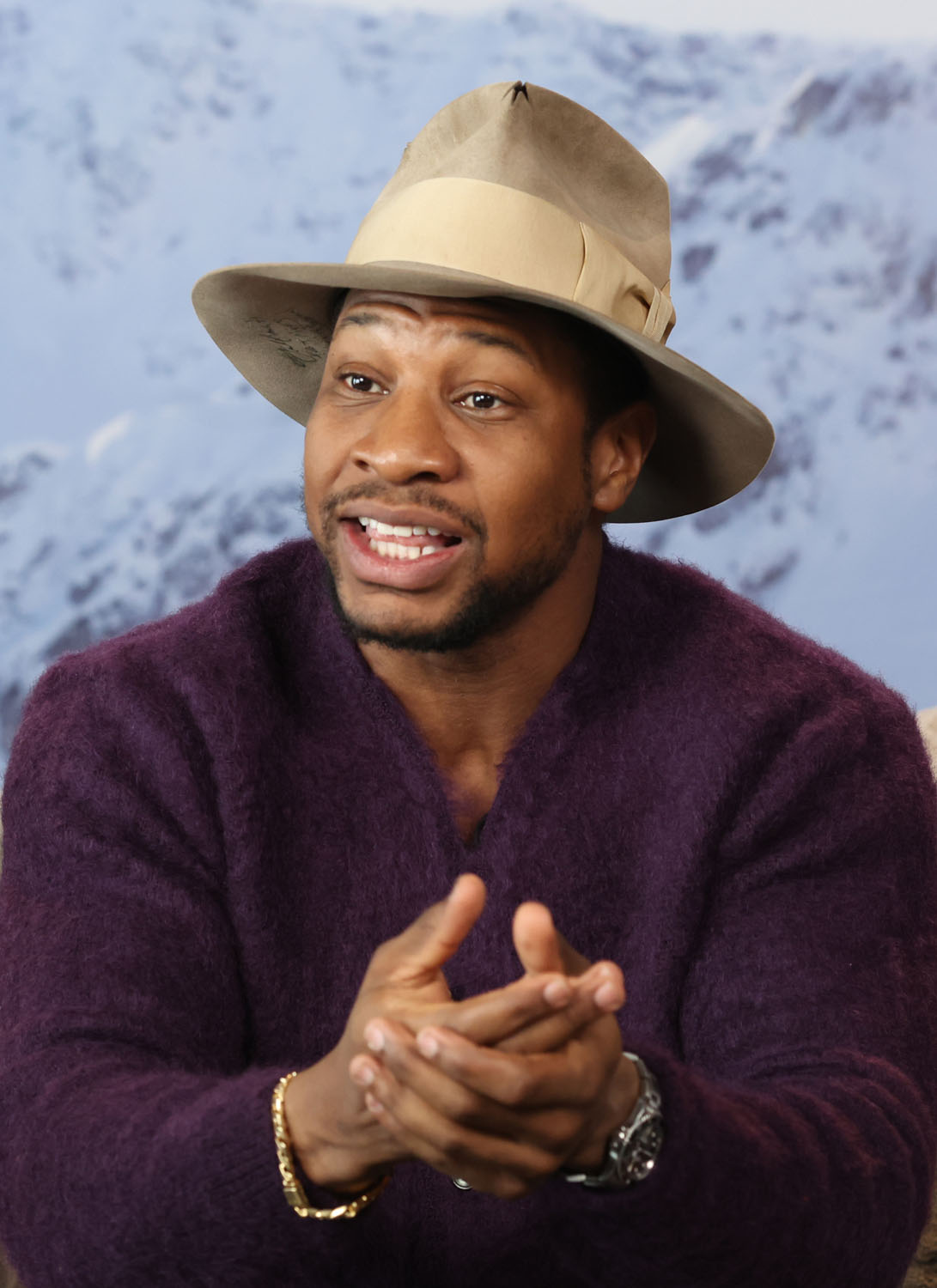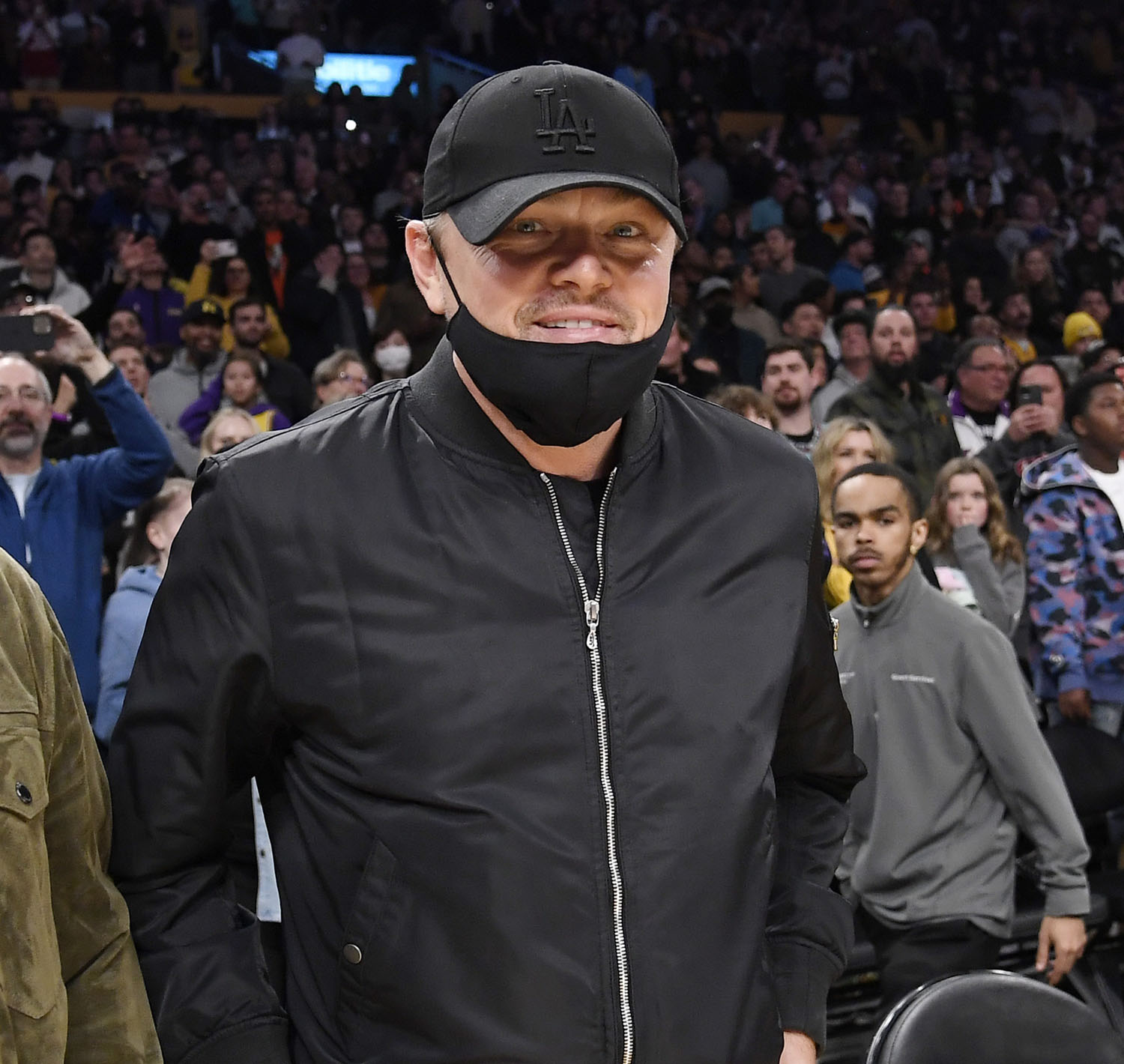Sundance Review: Jonathan Majors in Magazine Dreams


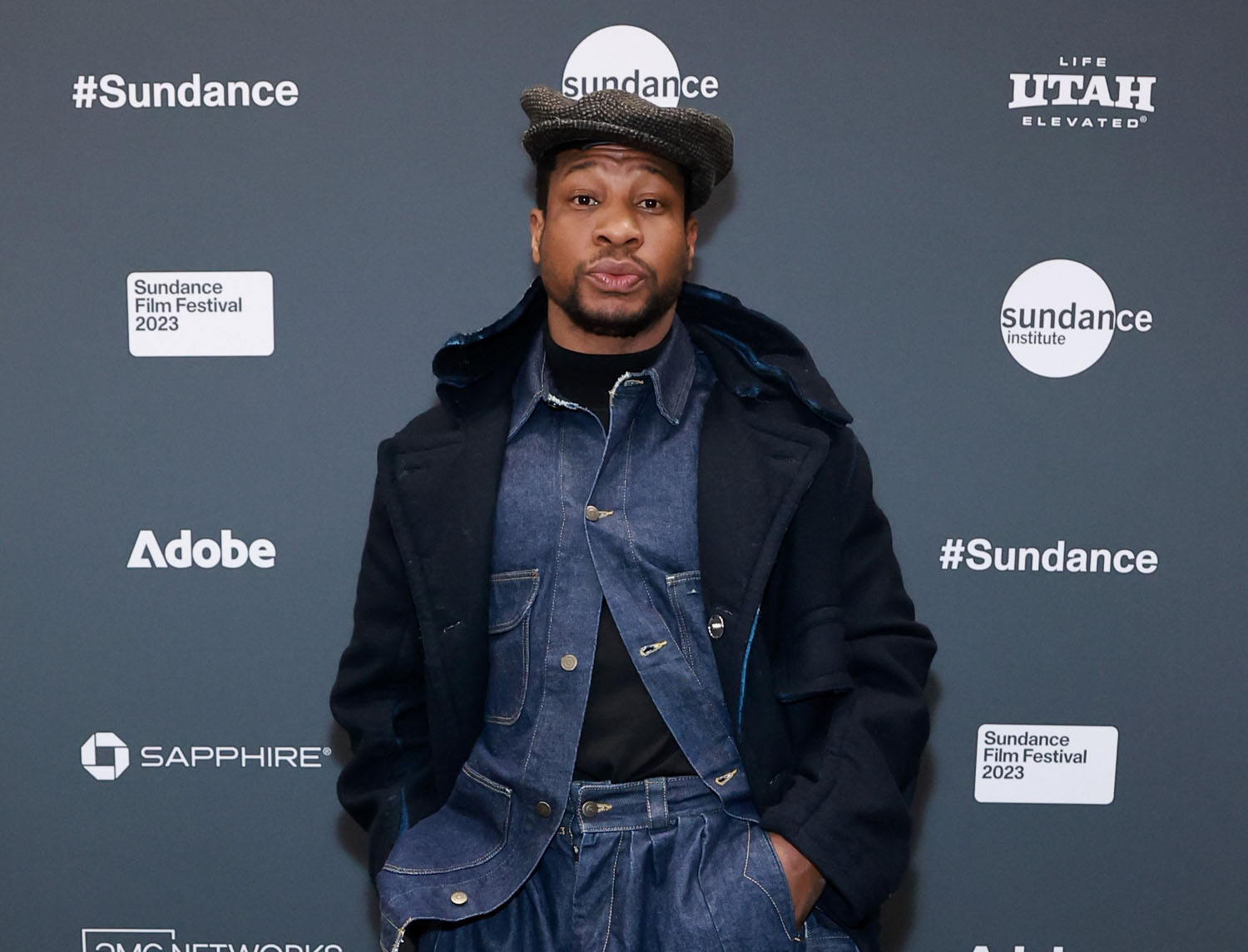
Warm halogen lights gild a human body so perfectly sculpted, every muscle bulges with singular presence, as if an anatomy poster has come to life. Here is Killian Maddox (Jonathan Majors), an aspiring bodybuilder competing for a place at nationals, and a chance to go pro. But though his body may look perfect to the untrained eye, Killian, it turns out, falls short, barely scraping a place high enough in the rankings to get to nationals, and that is the least of his problems. Elijah Bynum (whose debut film, Hot Summer Nights, is a harmless Timothée Chalamet coming of age tale one million miles removed from Magazine Dreams) wrote and directed Magazine Dreams, a cross-section of cinematic personas—Martin Scorsese’s tortured loners, Darren Aronofsky’s toxic perfectionists, and Val Kilmer’s off-kilter hotties. But Magazine Dreams, as clear as its influences are, goes in unexpected directions and displays an empathy rarely seen in character studies of the Isolated Modern Man. It’s a slightly frustrating film, yet always compelling.
The glue that keeps Magazine Dreams together is Jonathan Majors. Though the threads Bynum introduces early on starting fraying toward the end, Majors’ performance is so strong throughout, he holds it together even as the story starts to feel a little wobbly at the end. This is a towering performance from a man who already has a proven track record of unbelievably good work; but through Killian, Majors unites everything he excels at in one role. This is a physical performance, as Killian works out, poses so hard it looks like he’s about to burst his appendix, eats constantly, and moves through life in a series of postures not unlike those he strikes on stage. When jogging at night with a cop’s spotlight in his face, he is straightforward, resolute, shoulders down and eyes forward. When working in a supermarket, he is eyes down, back stooped, unless he is losing his temper with a customer. On a date he is good posture but inconsistent eye contact. Majors inhabits each space differently, taking up more or less room, yet never once does Killian seem comfortable in his own skin.
Self-loathing is present throughout the film. When the toxic perfectionists of Aronofsky’s works like The Wrestler and Black Swan torture their bodies, and by extension their psyches, they are pursuing the ecstasy of artistic achievement. Killian, however, is trying to perfect the human body, a fundamentally flawed machine, so there is no sense of ecstasy or achievement in his effort, only defeat and the resultant loathing. The first half of the film focuses on Killian’s desire to be a professional bodybuilder, and the cringe factor is high, like Eighth Grade high, like “fling yourself into the sun to escape the second-hand embarrassment” high. Some of that is down to the inherent dehumanization of bodybuilding, but a lot of it is Killian himself, a socially awkward, intensely shy man who is incapable of connecting with anyone else. He is in court mandated therapy, and he’s such a knot of emotion it’s impossible to tell if his temper is augmented by steroid abuse, or if he would be like this regardless.
The second half of the film takes a darker turn as more and more things go wrong in Killian’s life, from a failed date to medical issues stemming from his drug abuse to an escalating conflict with a local business owner to a “never meet your heroes” moment that leaves him hollowed out and angry. As every facet of Killian’s life dissolves, so does his emotional state, which only compounds his issues as he balances on the knife’s edge of self-deluding fantasy and doing something unspeakably awful. Killian is a rare portrait of a Black incel, which is not the usual image we have of the incel community. His sense of isolation is familiar, though, starting with his social awkwardness and progressing through his poorly managed temper and childhood emotional trauma.
But Killian’s isolation is increased by his Blackness. The news is often on in the background of scenes, always detailing a new story about a Black suspect. White shoppers at the supermarket where Killian works are wary of him, and in the film’s most effective portrayal of self-loathing, the woman Killian admires is white, as is the champion bodybuilder he idolizes. When Killian does attempt a sexual encounter with a Black sex worker (Taylour Paige, criminally underutilized), he can’t perform. Whether that’s the steroids or just how he is, again, is unclear, but it is a pointed moment as we see the ripple effect of society’s treatment of Blackness rebounding on Killian’s self-image.
Magazine Dreams features a lot of Jonathan Majors posing nearly naked while being ridiculously ripped, but it is not a sexy film. If anything, it’s a distillation of the idea that in modern cinema “everybody is beautiful and no one is horny”, because sex is messy and goofy and corporeal in a way that is antithetical to the toxic pursuit of perfectionism. Magazine Dreams, like bodybuilding, is of the body, not in the body. Killian is isolated even from himself, and so sex is beyond him. And for all that Bynum and cinematographer Adam Arkapaw shoot every inch of Majors in detail, the emphasis is on the painful, self-destructive lengths Killian goes to in order to look like this. It’s impossible to enjoy the bodily spectacle of Magazine Dreams. Those polished, perfect images Killian so admires are just a dream, a fantasy as dangerous as that of human perfection.

